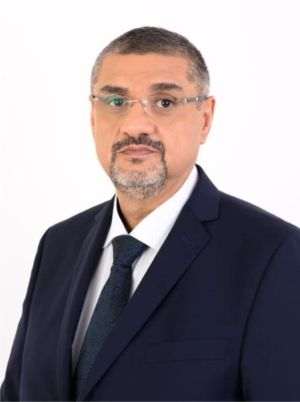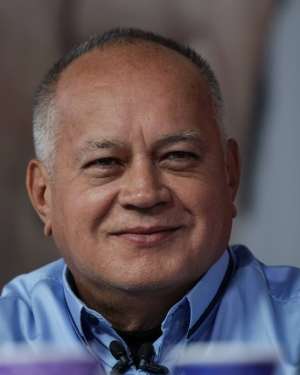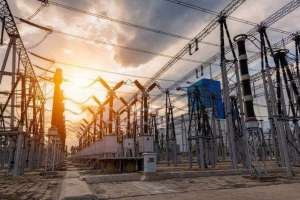The Government is aiming to increase the role of women in society, respectively in entrepreneurship, and in that respect it is reviewing methods that have been successfully applied in other countries, according to Ms. Anca Dragu, Senate President, who says: "We are looking at measures aimed at increasing the role of women in society, in entrepreneurship, in civic and political activity. We are in talks with male and female ambassadors in Bucharest, and are making an assessment of the best methods that have been applied in other countries, from which we can draw inspiration so that we can achieve gender equality in a gradual and balanced manner. I am against sudden measures, taken «overnight». We cannot increase this role of women in society «overnight». We need to come up with balanced measures to implement in Romania, measures that have worked in other countries".
Ms. Dragu mentioned that female entrepreneurship in Romania has a better situation than in other states, according to data of a 2020 Keysfin study, which shows that over 500,000 Romanian women were involved as shareholders in private companies. The same study notes that, at the level of the Romanian economy as a whole, women occupied more than 31% of management positions, a percentage exceeding the global average.
At the same time, she says, the wage gap between women and men in Romania is below the European average, "which means that women generally are appreciated to an almost equal extent to men, at work".
Anca Dragu further said: "These are positive things, that give us trust and hope, but, on the other hand, in the political space we are seeing far fewer women, and in 2021 we have only 17% women in the Parliament, a decrease compared to the previous legislature, when the ratio was 19%. At the level of the European Parliament, we are doing even worse - the average is 35-38%, and Romania is on the penultimate place, with less than 5%. When we have more women in the political decision area we will see more policies that focus on gender equality".
• "We are looking at reducing the administrative burden"
Anca Dragu reminded that the governing program includes measures aimed at reducing administrative burdens, i.e. the computerization of the public administration". At the National Agency for Fiscal Administration (ANAF), the computerization process which was stopped in 2017 has been restarted. Four very important years were wasted. The state should not hinder entrepreneurs. The state confuses them through a large administrative burden, through lack of transparency, but I think steps with taken to deal with that in the recent years and lately. For example, anyone can access the Official Gazette online, for free. It is a action to increase transparency. You can not ask entrepreneurs to comply with the laws, a bunch of rules - even in the economic sector - without giving them access to this information".
According to the Senate representative, Romania has allocated 900 million euros for the computerization of the ANAF through the National Recovery and Resilience Plan (PNRR). "The reformation of that institution is one of the utmost priority for us, because it is the most important relationship that an entrepreneur has with the state authorities", Anca Dragu says.
• "Company financing sources need to be diversified, especially though the non-banking market"
Anca Dragu believes that action should be taken with a view of increasing company bankability, but also needed is the creation of programs that stimulate corporate business plans for companies, in order to make them more attractive to lenders. Moreover, according to the president of the Senate, "it is very important for the funding sources to be more diverse, especially through the non-banking market, such as the AeRO market of the BSE, which should be made more dynamic".
On the financing side, Ms Dragu believes that the state guarantee is the first and most effective financing measure for an entrepreneur, but there are other measures which the state is currently working on. "We are trying to establish a European-level mechanism to be transferred to Romania so that some of the loans turn into grants, have a non-reimbursable part if the company requesting funding comes with certain investment projects, especially in the digital, ecological area ("green" area) or to increase competitiveness. But grants must also have a conditional component, because we are talking about public funds that need to be used effectively".
Anca Dragu concluded that this is a project that the authorities want to apply with the European Investment Bank (EIB).
























































